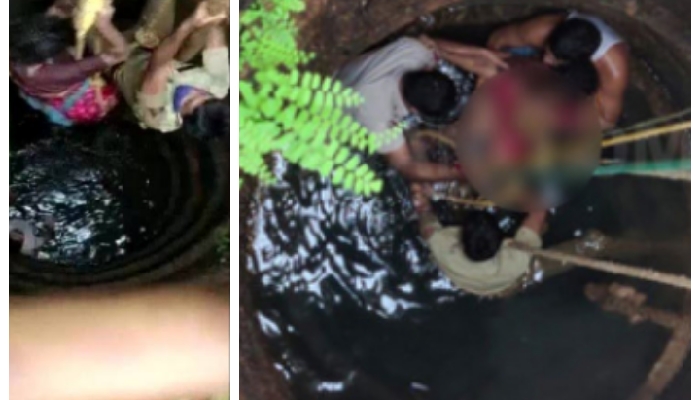The Kasaragod Zilla Panchayat of Kerala has proposed construction of a mini-airport or airstrip to accelerate the growth of tourism industry in the coastal district.
The plan is to float a company modelled on the Cochin International Airport Ltd (CIAL) in Kasaragod and facilitate operation of small aircraft.
This was among the highlights of the budget presented by Zilla Panchayat vice president Shantamma Philip on Thursday.
The development comes in the wake of Union government's proposal to start mini-airports for intra-district connectivity in Kasaragod, Kozhikode, Wayanad, Palakkad, Kochi, Idukki and Thiruvanathapuram.
The Zilla Panchayat will take the initiative to set up the mini-airport once the State government gave the green signal and support for the project. The airstrip will help improve connectivity and tap the tourism potential of the district by linking it with major cities.
The local body has identified 75 acres at Periye to start work by mopping up a working capital of Rs. 30 crore by soliciting support from Non-Resident Keralites, district panchayat president A.G.C. Basheer said.
However, the Opposition CPI(M) has termed the move impractical. The party said the proposal was rejected by the CIAL citing lack of feasibility, Zilla Panchayat member and CPI(M) leader V.P.P. Mustaffa said.
In fact a mini-airstrip at Periye was mooted around six years ago with a view to promoting Bekal Fort as a global tourism destination. The airstrip project was then aimed to link Mangaluru and other Kerala airports to help the tourists skip the narrow and bumpy roads to have easy access to Bekal.







Comments
We Kasaragodians required basic facilities such as 4 track highway, street lights, good local roads, drinking waters. Not a airport in near future.
Add new comment